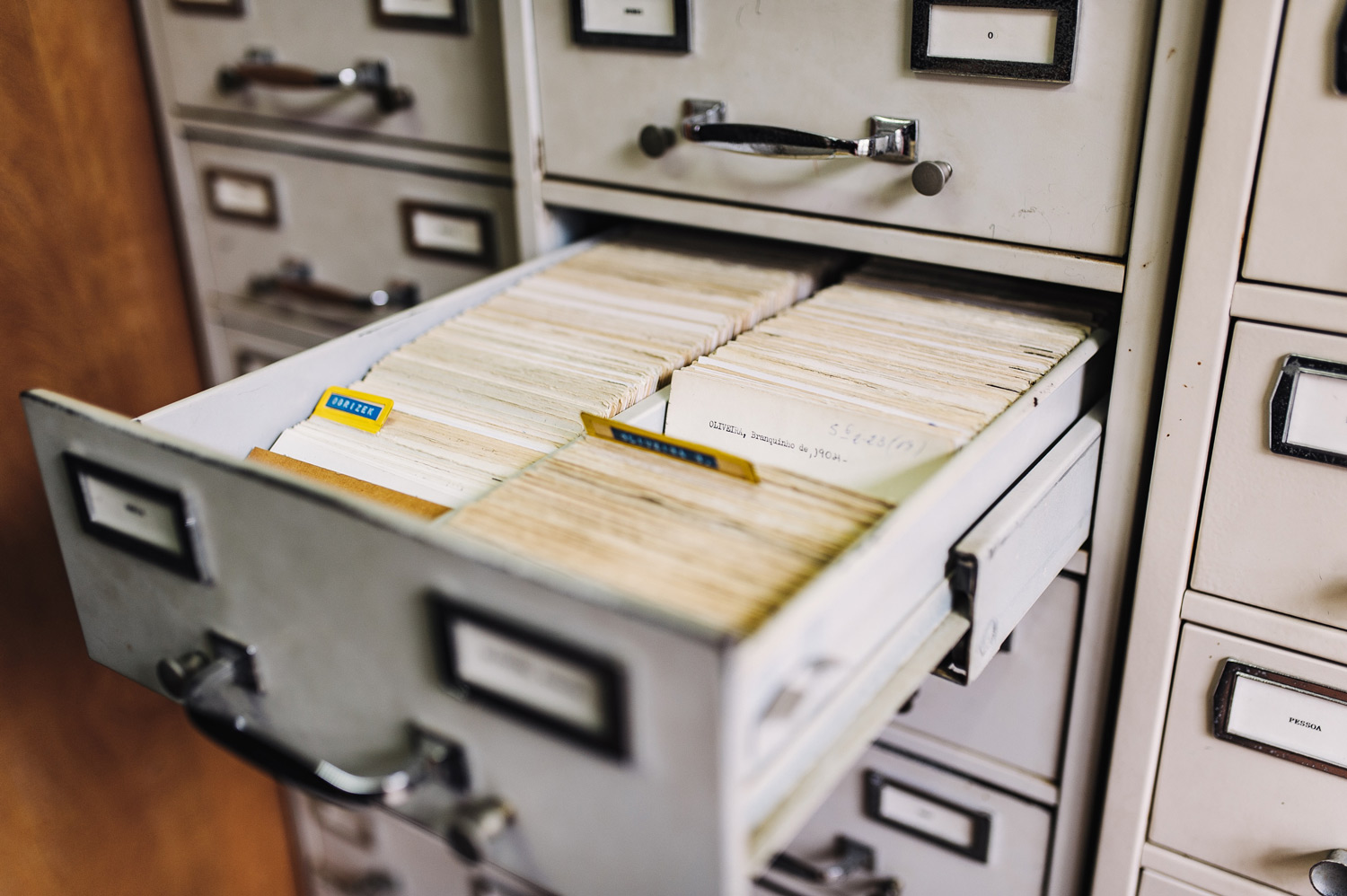Record keeping is a crucial part of any organization, but records management programs have long been seen as simply a regulatory requirement rather than as adding any sort of strategic advantage. This is quickly changing as organizations are digitally transforming, finding new ways to leverage records as operational and strategic assets.
Read on to learn more about records management, why it’s important and how to simplify your records management program to supercharge your organization’s operations.
What Are Records, and How Do You Manage Them?
Records consist of information created, received, and maintained as evidence of business activities. While the definition of a record is often identified strongly with a document, a record can be either a tangible object or digital information which has value to an organization.
Records management is a specialized branch of document management that deals with information serving as evidence of an organization’s business activities. Records management includes a set of recognized practices related to the life cycle of that information, such as identifying, classifying, archiving, preserving and destroying records.
As regulatory and compliance mandates raise pressures on organizations across all industries, the DoD 5015.2-STD Electronic Records Management Software Applications Design Criteria Standard provides a starting point to evaluate records management solutions.

How is Records Management Different from Document Management?
While records management and document management share many characteristics, the two practices differ in their goals and methodologies. Organizations that have an integrated approach to address both document management and records management, however, uncover efficiencies while positioning themselves for long-term success.
Document management generally focuses on:
- Reducing lost and misfiled documents
- Providing faster search and retrieval of documents
- Helping to better organize existing documents
- Improving general work processes and organization efficiency
- Reducing the amount of physical space used to store documents, such as file cabinets boxes and shelving
Records management includes all of the above in addition to:
- Identifying what records exist by records inventory
- Applying of required retention periods to store items
- Identifying the owner of each record series
- Developing and administering defined records, policy and procedures, regardless of if the records are electronic or paper
- Preserving records throughout their life cycle
Benefits of Records Management
Leading records management systems simplify the lifecycle management of business records without interfering with your organization’s line of business. A records management system supports the automatic enforcement of consistent, organization-wide records policies and reduces the cost of regulatory compliance.
Other benefits of implementing a records management system include:
- Improves access to information, leading to more informed decision making
- Helps deliver services in a consistent and equitable manner
- Helps to meet statutory and regulatory requirements
- Supports information governance
- Supports and documents historical and other research
- Provides continuity in the event of a disaster
How Laserfiche Simplifies Records Management
Proper records management can promote operational excellence throughout an entire organization. TN Americas, a division of AREVA Inc., is a leader in the American nuclear dry storage market, manufacturing solutions for interim dry storage of used fuel, radioactive waste and other radioactive materials. As a highly regulated industry, engineers are required to record every aspect of operations for auditing purposes, resulting in the creation of hundreds of records weekly.
The company has used Laserfiche for years to archive documents but had a very complex records management process. As a result, multiple copies and versions were stored in different folders within the organization’s repository, making documents hard to find. The company conducted an analysis of the current records management practices and discovered that there were more than 300,000 documents in the repository and more than 550 records were being submitted each week. Additionally, the company had not been enforcing standards for naming and templates and had not implemented strict records management controls.
TN Americas implemented a plan to overhaul their current records management solution. The company created a records management policy and designed processes in Laserfiche Forms to ensure that only finalized documents could be stored in Laserfiche, negating duplication of records. Once the framework and processes for managing new content were in place, TN Americas migrated all existing repository content to the new folder structure and metadata templates.
TN Americas rolled out the new records management system and the benefits of have been substantial:
- Documents are submitted, classified and found using the same enterprise-wide standards, no matter where they are initially created in the company
- Audits are now completed more quickly and efficiently
- Staff and management satisfaction is improved with streamlined document access
This article was originally published on the Laserfiche Blog. Laserfiche is a leading SaaS provider of intelligent content management and business process automation.